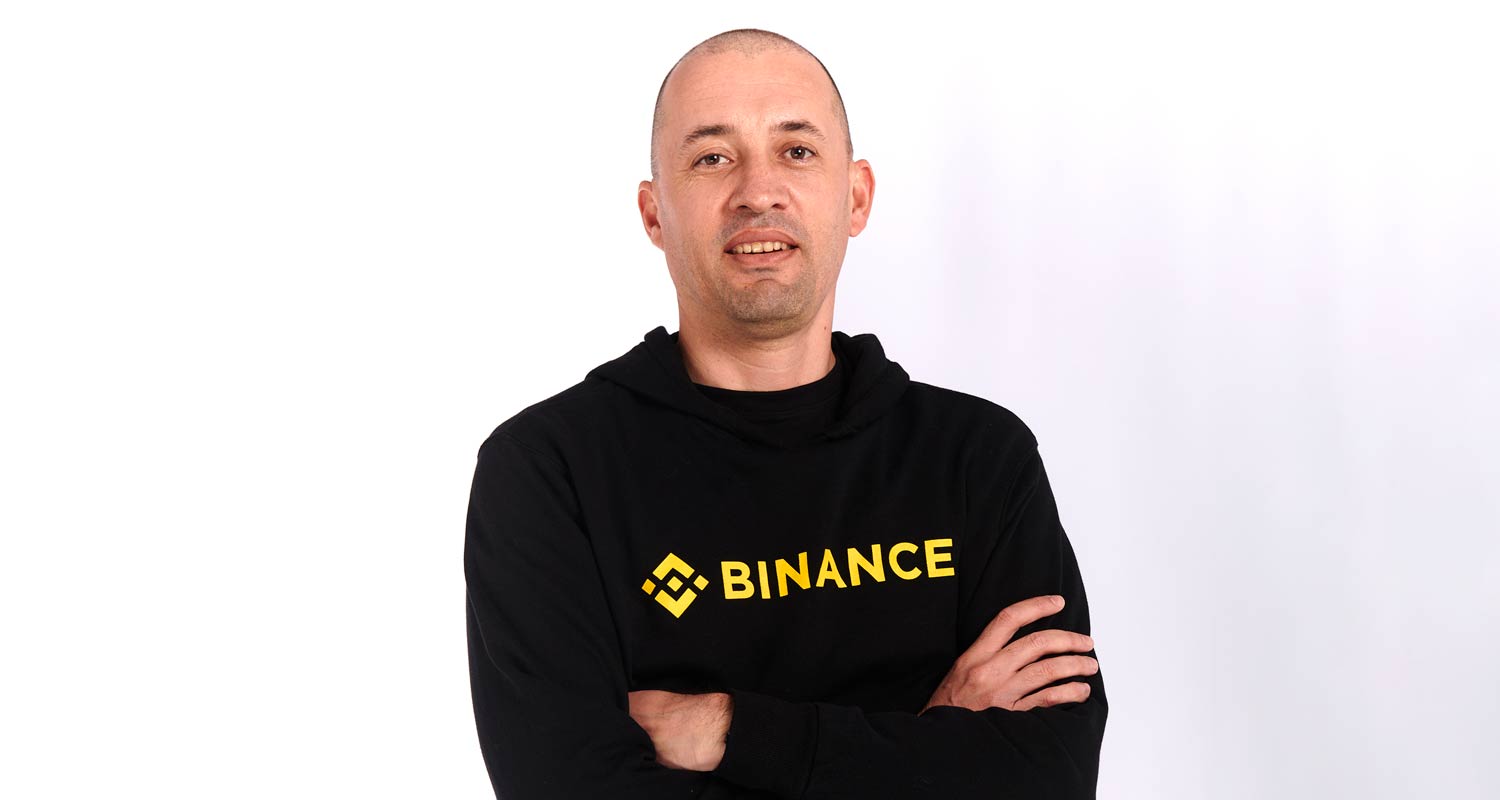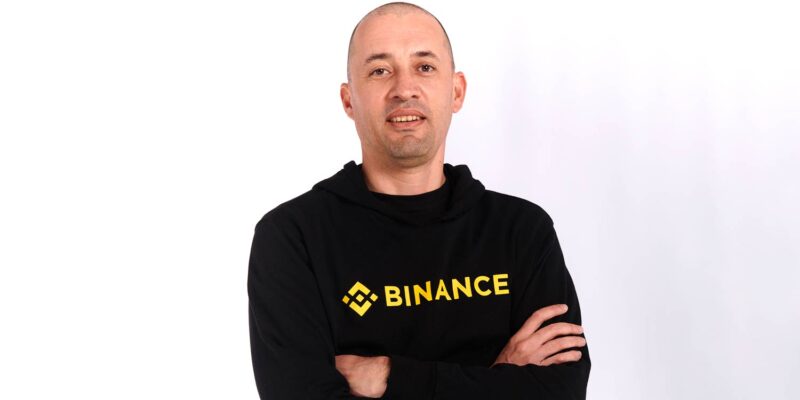
 The author, Binance South Africa GM Hannes Wessels
The author, Binance South Africa GM Hannes Wessels
There are more than 200 million people relying on cross-border transfers to send money home, and more than 800 million people benefit from these transactions.
Remittance flows in low- and middle-income countries, according to the World Bank, reached US$656-billion in 2023. However, Africa continues to struggle with issues such as high transaction costs, limited access to financial services, unbanked population and – according to the United Nations – a reliance on informal transfer channels.
In South Africa, these challenges are compounded by the cost of transferring money through banks and, even though money transfer operators (MTOs) are cheaper, they are still higher when compared to other payment solutions.
In the past, cross-border payments from South Africa were inhibited by stringent regulatory requirements
In the past, cross-border payments from South Africa were also inhibited by stringent regulatory requirements. As the World Bank highlights, MTOs had to partner with licensed authorised dealers, and South Africans faced rigorous exchange control regulations and a discretionary allowance. Other countries across Africa have equally robust regulations and limitations that inhibit migrant worker access to money transfers and remittance management.
In fact, it is estimated that about 70% of cross-border payments use informal channels. This puts people’s finances at risk, limits visibility into transactions and inhibits the potential positive impact of these cross-border payment flows on local economies.
According to FinMark Trust, annually R11.2-billion is remitted annually from South Africa to the Southern African Development Community region, but these remittances remain mired in slow processes, expensive fees and complex paperwork. Many of the systems used by payment providers and cross-border payment solutions are still mired in legacy technology and outdated processes.
Reshaping the narrative
Which is one of the reasons why crypto is becoming one of the leaders in reshaping the narrative. Offering a decentralised, borderless and efficient alternative, crypto is accessible, cost-effective and fast. With just a smartphone and a connection, users can send and receive funds using crypto platforms such as Binance and completely bypass the need to use traditional banking infrastructure. For migrant workers who can’t open bank accounts or access traditional ways of transferring money, crypto is changing the game. They not only pay lower fees, but they can move funds quickly within a system that’s wrapped in high-level security.
Binance offers users some of the lowest transaction fees in the industry and provides multiple cryptocurrency options, including stablecoins pegged to fiat currencies. This provides users with flexibility and stability when it comes to managing their remittance transactions.
The entry of Binance and other cryptocurrency solutions into the cross-border payment market offers more than a collective sigh of relief for workers and small businesses. These solutions are lowering the barrier to entry to financial solutions that are more inclusive, and that play no small role in boosting the economy and social equality.
 It is not just a technology shift. Cryptocurrencies are empowering traditionally underserved communities – migrant workers can send money home quickly and cheaply, rural areas have access to global financial networks, and small businesses, gig and remote workers are better able to manage their customers and financial growth.
It is not just a technology shift. Cryptocurrencies are empowering traditionally underserved communities – migrant workers can send money home quickly and cheaply, rural areas have access to global financial networks, and small businesses, gig and remote workers are better able to manage their customers and financial growth.
As the technology continues to evolve, there will be more innovations in this space as traditional institutions wake up to the need – and the potential. However, crypto is already well on its way to becoming the de facto cross-border solution as it is already playing a pivotal role in improving cross-border payment capabilities.
About Binance
Binance is a leading global blockchain ecosystem behind the world’s largest cryptocurrency exchange by trading volume and registered users. Binance is trusted by more than 200 million people in 100-plus countries for its industry-leading security, transparency, trading engine speed, protections for investors, and unmatched portfolio of digital asset products and offerings from trading and finance to education, research, social good, payments, institutional services and web3 features. Binance is devoted to building an inclusive crypto ecosystem to increase the freedom of money and financial access for people around the world with crypto as the fundamental means. For more information, visit www.binance.com.
- The author, Hannes Wessels, is GM for South Africa at Binance
- Read more articles by Binance on TechCentral
- This promoted content was paid for by the party concerned











Comments